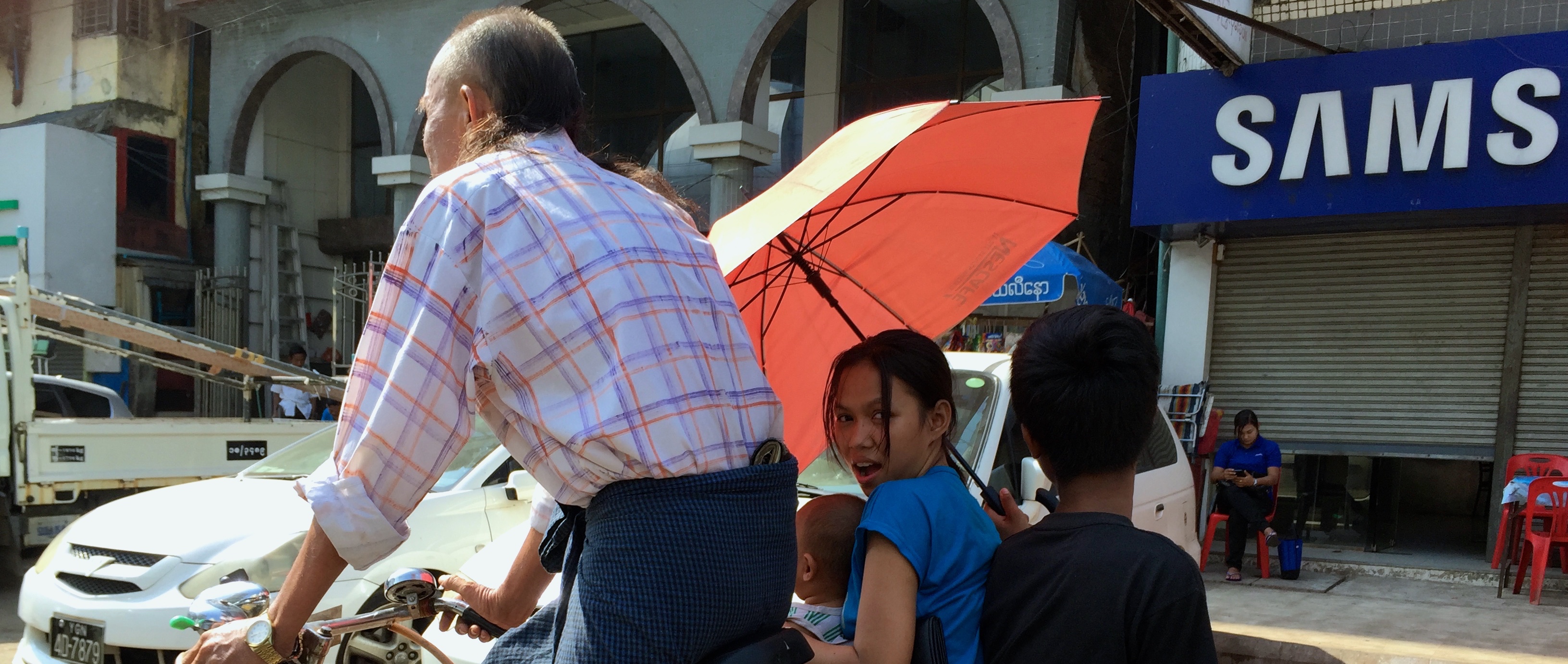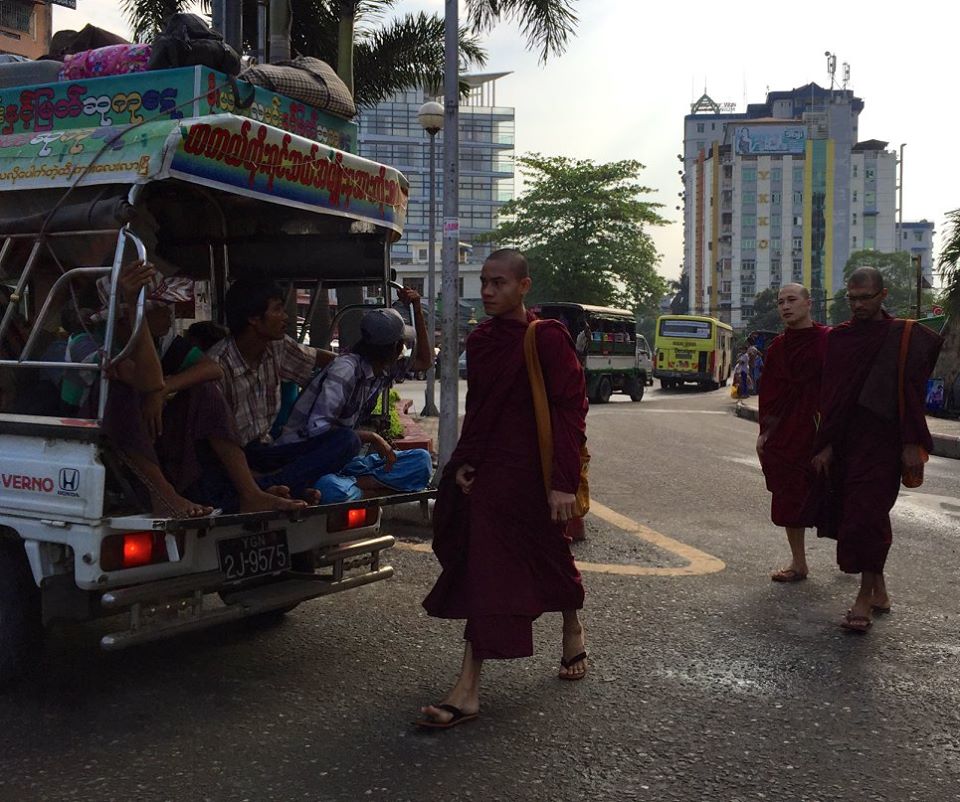
4 minutes
POLITICAL ECONOMY OF MEDIA & ELECTIONS
MEMO 98 was approached by the BBC Media Action to review the literature on media and elections in Burma and to incorporate insights from previous fieldwork/country engagement to produce a report on political economy of media and elections.
Introduction
For the past 50 years, Burma, once known as the “rice bowl of Asia”, has gone from being one of the most politically and economically promising states in Southeast Asia to one of the poorest, most backward and misgoverned. Disastrous macro and microeconomic policies have severely damaged the country and in combination with the political regression have created the present deeply dysfunctional state in which Burma finds itself.[1] This was mainly due to a military regime which ruled the country since 1962 and was characterized by a total control over executive, legislative and judicial powers and by severe suppression of human rights (including the 1988 crackdown on the opposition as well as during the 2007 Saffron Revolution).

A new constitution drafted by the military junta (represented from 1988 until 2011 by the State Peace and Development Council – SPDC), was approved in 2008 by an implausibly high margin in a referendum denounced by the international community and Burma’s opposition groups as fraudulent. The constitution establishes a bicameral parliament, with both houses of the parliament acting together as an electoral college to select a civilian president, who appoints government ministers and the attorney general. However, the constitution also ensures military leadership in the state, in fact allowing the military to exercise nearly unlimited authority whenever it deems it to be necessary in the interest of national security.

A quarter of the seats in both houses is reserved for serving soldiers and filled by the military commander in chief. In addition, the constitution can only be amended with over 75 per cent parliamentary approval which means that it will be impossible to change the constitution without military approval. A system in which the military can be the swing vote in determining the majority in the legislature runs contrary to the principle of civilian control over the military, establishing military control over the civilian government. Moreover, the constitution sets up a framework in which the military is granted immunity for past actions, full control over its own affairs, control over several key nominally civilian ministries and institutions.
The constitution also bars from voting members of religious orders, persons serving prison terms, persons determined to be of unsound mind, persons who remain insolvent and persons disqualified by the election law. Contrary to international standards, Burma’s 400,000 Buddhist monks and more than 2,100 political prisoners were not allowed to vote in the 2010 elections.[2]
The full report in pdf 2012-burma
[1] Estimated 2011 per capita Gross Domestic Product (GDP) of $1,300 placed Burma in the bottom globally, with Nepal, Rwanda and Uganda, Central Intelligence Agency, CIA World Factbook, 2011 Estimated GDP Rank Order Table, https://www.cia.gov/library/publications/the-world- factbook/rankorder/2004rank.html?countryName=Burma&countryCode=bm®ionCode=eas&rank=200#bm.
[2] International standards related to universal suffrage limit deprivation of voting rights to two grounds: determination by a court of law that a person is not mentally competent or conviction of a serious crime.